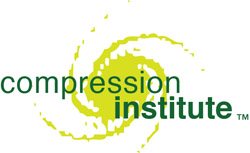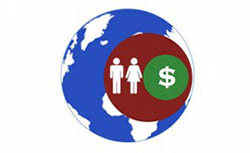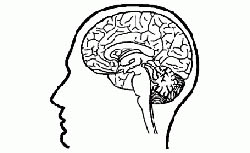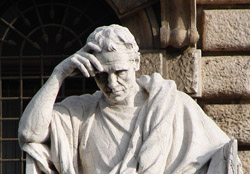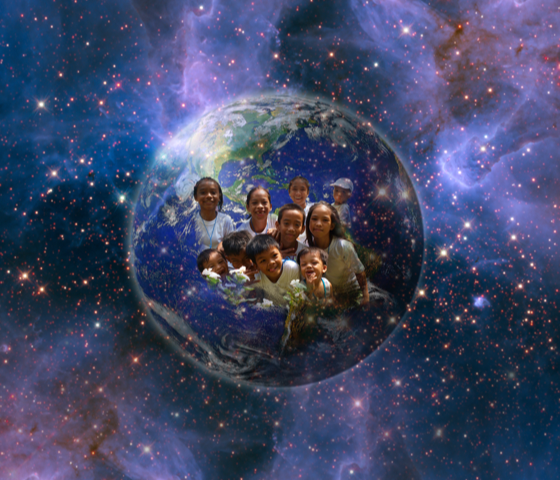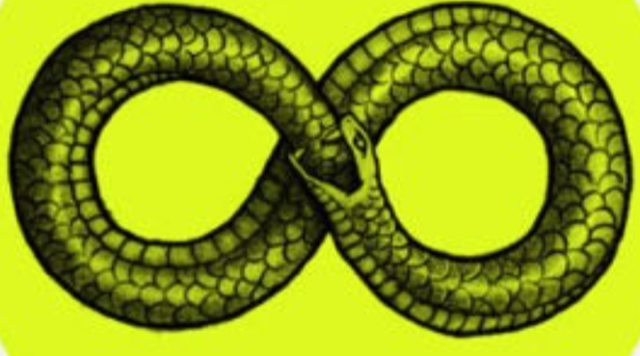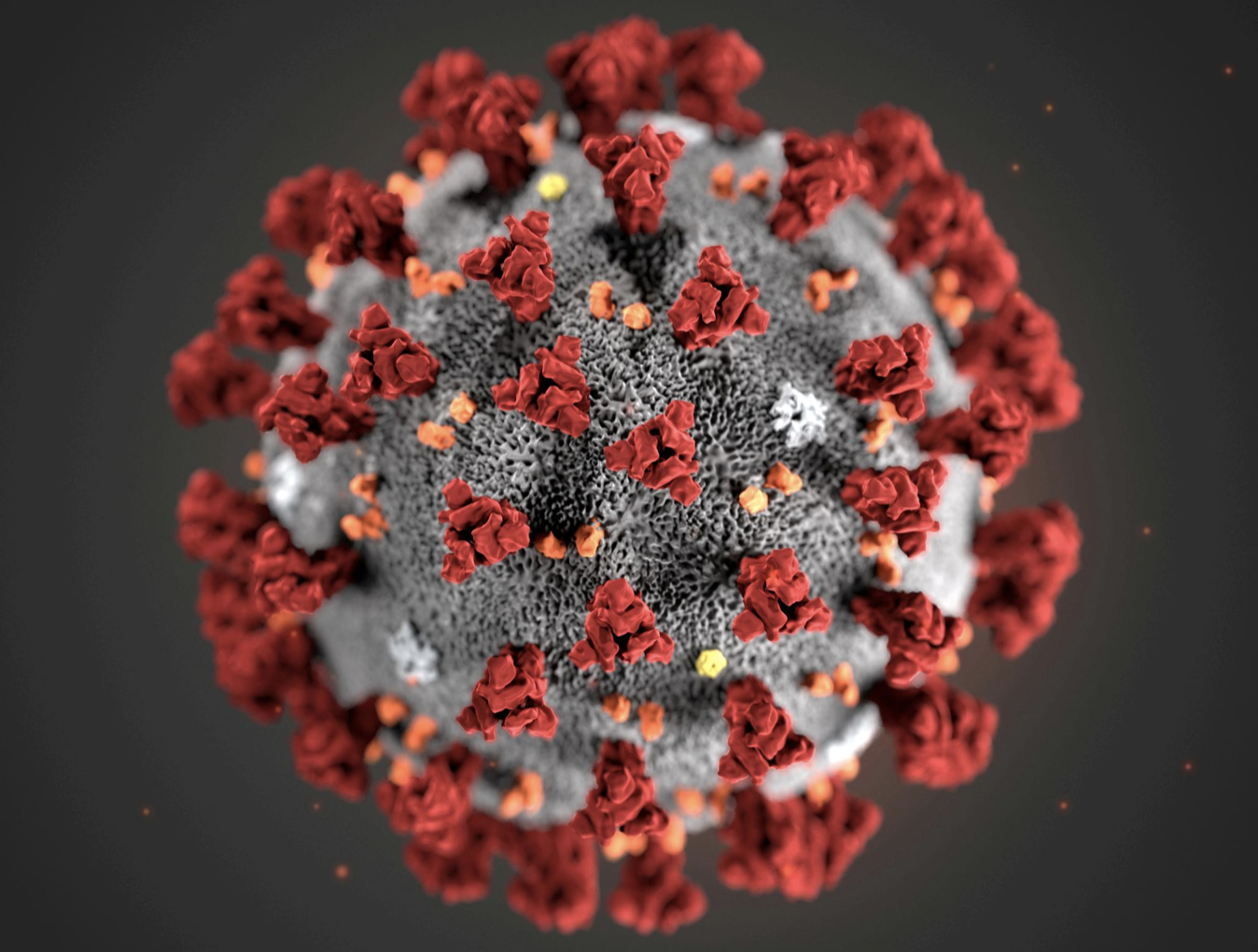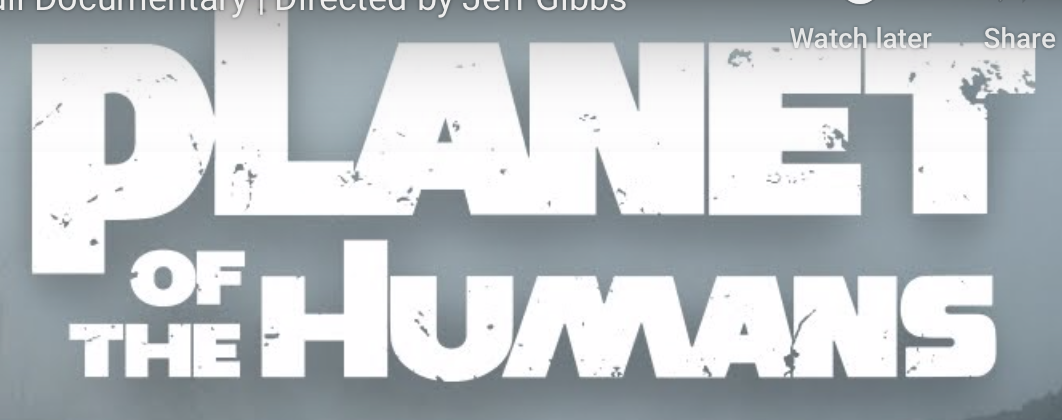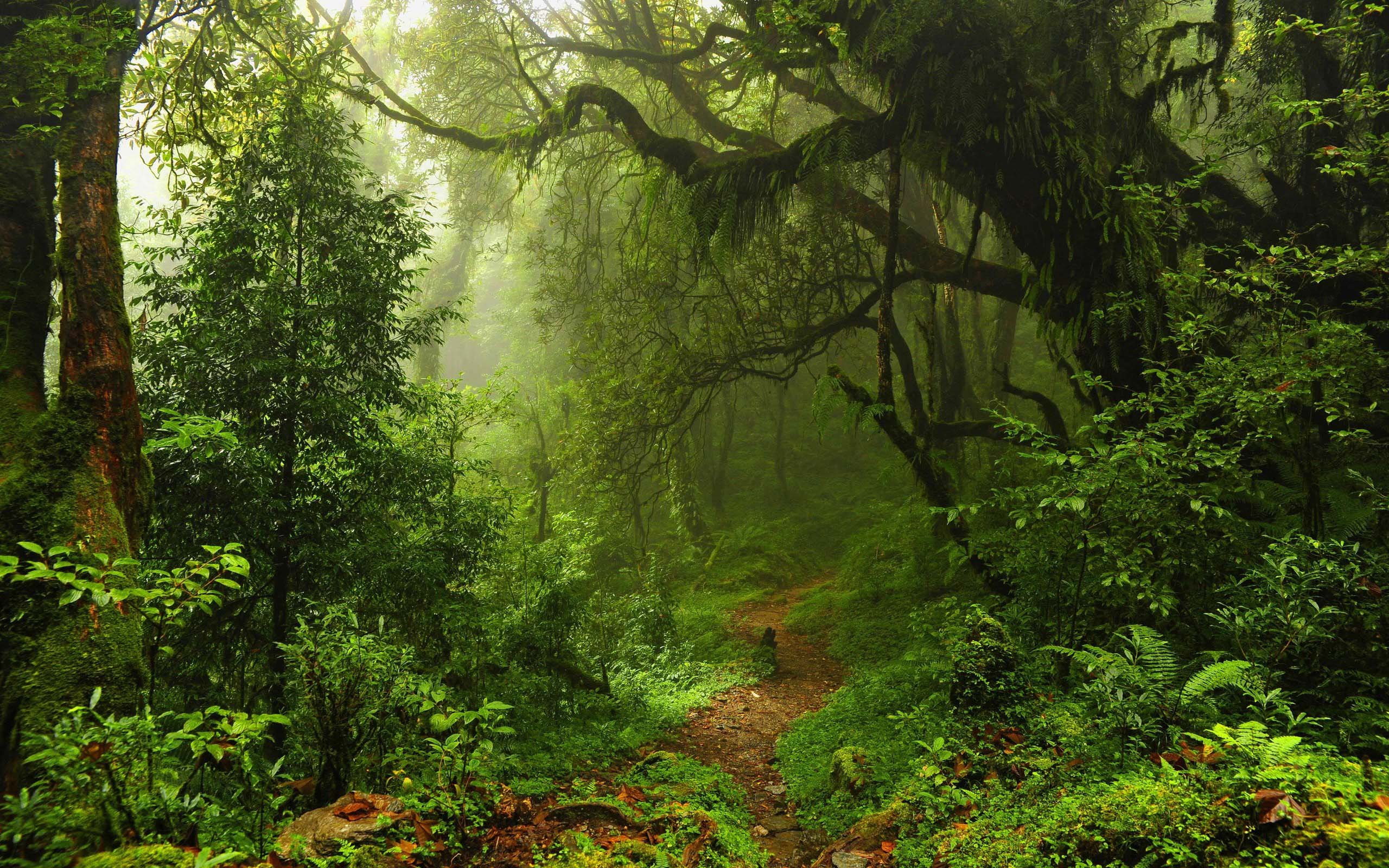
What Do We Need to Do?
To live in a modern balance with nature, we have to change what we do. We know a lot of basics: the “Rs:” Re-use, repair, re-manufacture, recycle … revitalize ecologies — stop spewing excess toxins all over. Why isn’t everyone taking action? Because our deepest issues are with our own hang ups understanding and motivating ourselves. So please keep exploring.
How Can We Change Ourselves?
Why do we need to “Compress”?
Climate change and excess CO2 is only one abuse of the planet. Suppose we were able to “siphon off infinite energy from the dark matter of the universe” without generating CO2. If we kept using energy to do what we do now, we would still do ourselves in. The case for totally changing what we do is very strong. However, we are mesmerized by economic expansion and growth formulas. We don’t want to think about living differently. When we do, we struggle to think clearly and learn vigorously. We all do.
How must we change?
No “magic bullet” will let us continue the status quo. Changes will be drastic. To make them we must drastically change how we think. Everyone’s local situation is different. No paint-by-numbers program will fix your ecology. Compression Thinking is a guide for clarity assessing your situation, and wisdom setting a new direction. A start is learning to live as well or better while using (and wasting) much less. But learning to be in balance in nature will take much more than that.
Why can’t we get on with it?
We now live by expansionary thinking. Economies are based on it. We fear questioning it. A yawning chasm separates expansionary thinking from Compression Thinking, which seems strange. It promotes Profligacy-to-Frugality transformation. Ask “How little do to I need? instead of “How much will this cost?” Physical transformation requires our psychological transformation. We must use technology to live in balance with nature, not let it separate us from nature.
An Overly Simple Version of Compression
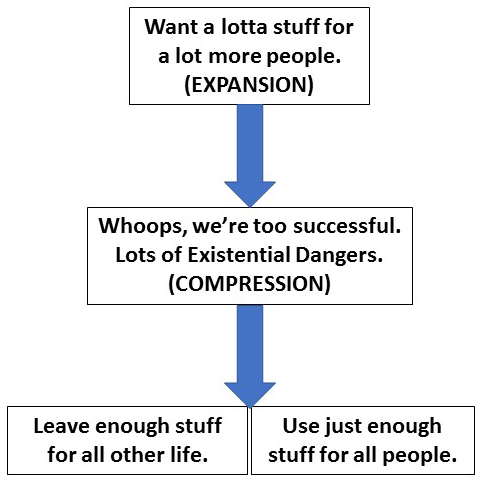
For a little less simplistic diagram, please click on What is Compression.
Recent Blog Posts
-

The Influence of Neoliberalism Runs Deep
The Influence of Neoliberalism Runs Deep Better known in the United States as Libertarianism, neoliberal dogma began as simplistic assumptions in old quantitative economic models, before computers; later economists were not as constrained. Moneyed people glommed onto those assumptions that articulated their inclinations, glossing them with a sheen of logic.…
-

“Deep” Complexity
A graphic depiction of Gaia from Pixabay, showing that we are connected to each other, to our ecology, and to everything else. That everything in the entire universe, not just earth bound systems, all somehow link together. Can We Understand Complexity or Only Sense It? Complex situations affecting humans…
-

Covid-19 Complexity
This is one variation of Ouroboros, a snake eating its own tail — doesn’t recognize its own tail.. Here Ouroboros is also shown in the form of the universal symbol for infinity, signifying deep, hidden feedback connections that we might never be able to fathom with human brains. Covid-19…
-

A Microbiomic Crisis
The Economy Critically Disrupts the Balance of Nature Black Lives Matter demonstrations all over the world crowded Covid-19 out of the news, swelling into a pandemic of demonstrations in small towns as well as big cities on six continents. Triggered by the death of George Floyd, many local protests called…
-

Planet of the Humans
Planet of the Humans, movie by Michael Moore and Jeff Gibbs Moore and Gibbs’ movie appears calculated to incite controversy. If so, they certainly roiled the environmental community. So far, it’s received little mainstream attention, and a few environmental activists are demanding that it be pulled because it is misleading…
-

Finding Our Real Reserves
Finding Our Real Reserves April 7, 2020 Covid-19 and its economic tailspin presage many more crises to come. We must change how we live and how we think. Our economic objectives have set us up for Covid-19, with more debacles on the way. What we have assumed to be success,…
Meet Doc Hall and Learn About Compression
Get Involved
Join Our Compression Community
The intent of the Compression Community is to stir more environmental action, and try to assure that it is effective. That is, stop adding to human consumption, help nature revitalize itself, and remediate one or more of a long list of environmental dangers without making any of the others worse.
Support Us
Learning Circles
Form a Learning Circle. The Compression Institute is looking for people like you to create and lead Learning Circles in organizations and communities. Sign up to learn more about Learning Circles. We’ll help you facilitate until you’re comfortable with doing this on your own. These circles may start by building a base of active participants who meet regularly to discuss problems affecting their workplace or their community, by example by holding Lean Coffees. In time these should transition into working out what they can do to promote Continuous Regeneration.
Participating in a Global Learning Circle is one way to prepare for this. We now have one Global Learning Circle in progress. We will form other Global Learning Circles. And/or Sign up to learn more about Learning Circles. We will also announce a date and time for a teleconference in each newsletter, a few days after each one is published.
Tell Us What You Do
What cool things are you doing that support the Compression Institute mission? Describe them and we’ll publish a profile highlighting those practices for others to learn from. If you are struggling with a complex problem you can’t quite resolve, ask for a 90-minute one-on-one call with Doc Hall or another board member.

